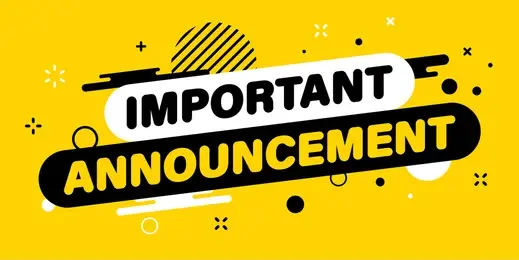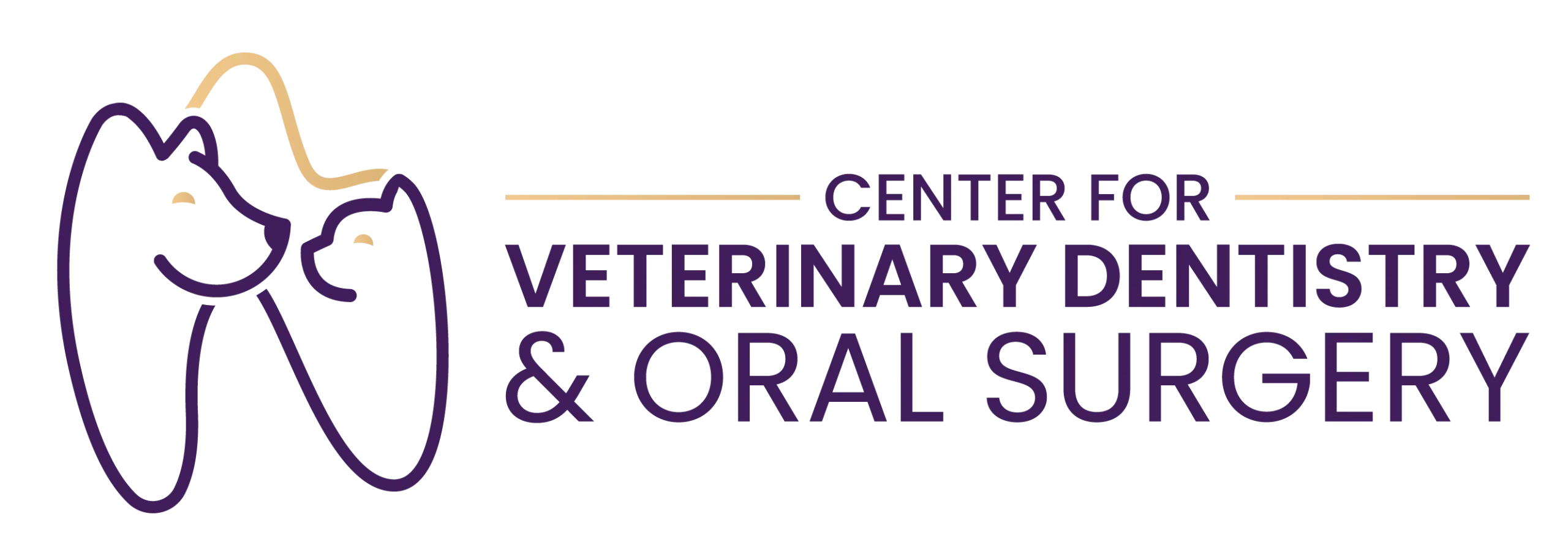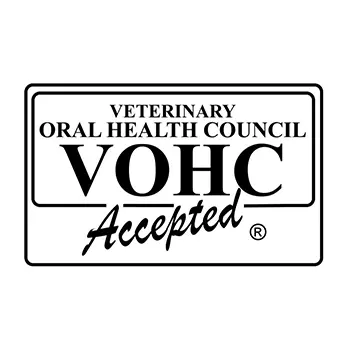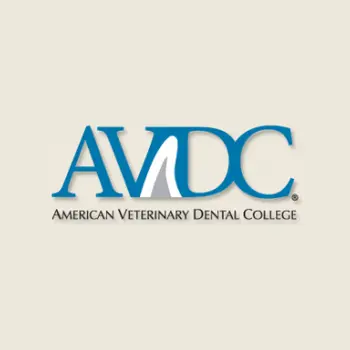What To Expect
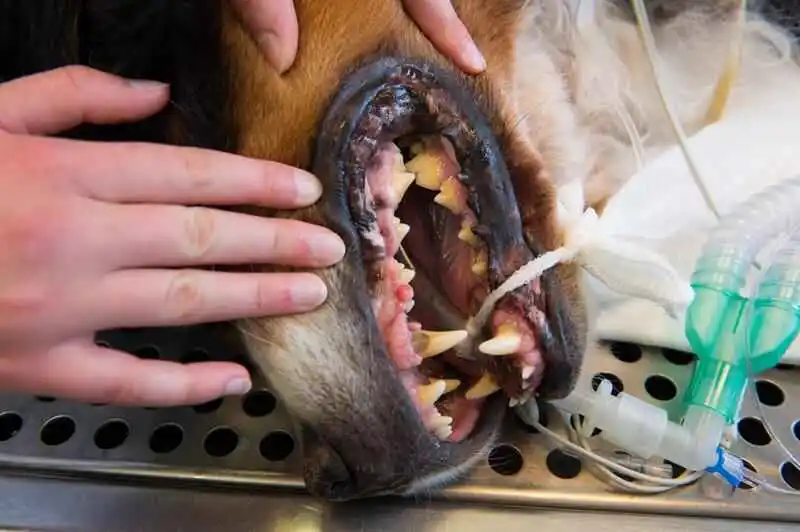
Pre-appointment tests
In order to make anesthesia as safe as possible for your pet, we require appropriate pre-surgical testing regardless of age or health status. We have the ability to do in-house blood work on the same day of the procedure, or pre-anesthetic blood tests can be performed by your veterinarian as long as it is within one month of anesthesia. At a minimum we require a full chemistry panel and complete blood count to evaluate major organ function such as the liver and kidneys. In some cases, other tests may be required such as chest x-rays or consultation with a cardiologist. Your veterinarian and the dentist can consult with each other to determine exactly which tests are needed.
Feeding
Your pet should be fasted approximately 12 hours before any anesthetic procedure is performed. Most often removing food after midnight the night before your appointment is sufficient. Water can be given any time. Please let us know if your pet must eat in the morning because of a condition such as diabetes or if medications must be given the morning of your consultation. Patients that are very young or weigh under 5 pounds may also benefit from a small meal in the morning, please call us to confirm. Additionally if your pet is very anxious when visiting their veterinarian, anti-anxiety medications can be helpful. Please give us a call if this is something you think your pet could benefit from.
The visit
Prior to your consultation you will be sent a link to a patient information form. Please answer all the questions especially noting any medications, allergies, or past anesthesia concerns. If you are coming for a morning appointment, your pet is scheduled for same day surgery. A physical examination will be performed and the nature of your pet’s problem will be discussed. The doctors will do their best to examine your pet’s mouth to determine what problems may be present. In some cases this can be difficult, especially if a patient is nervous or painful. Not all problems can be seen during this initial exam and x-rays are often required to make a complete diagnosis. You will be given an estimate range during your consultation that will detail the potential treatments needed for your pet. You will be asked to sign a consent form allowing the doctors to administer anesthesia and begin treatment. The length of time your pet will be in the hospital depends on the time they are admitted and the type of surgical procedure needed. Doctors will update you after the final treatment plan is determined and again once your pet has gone into recovery. All patients are discharged on the same day. We do not have overnight staffing, so if overnight care is needed this can be arranged through a 24-hour facility.
Recommended treatment
Since all problems are not immediately determined during the initial oral exam, you will be asked to provide a contact number where you can always be reached once your pet is anesthetized. After anesthesia a thorough oral exam will be performed and any necessary x-rays or scans will be taken. At this time, the doctor will need to speak to you to update the estimate and give a more accurate description of what will be needed.
